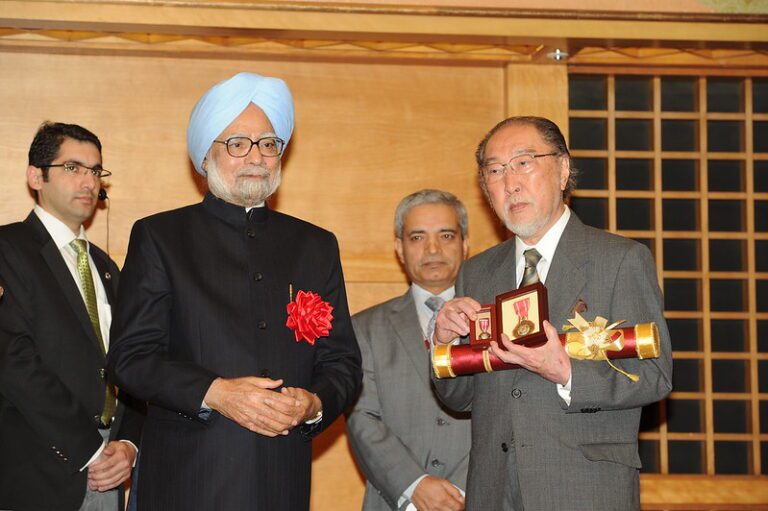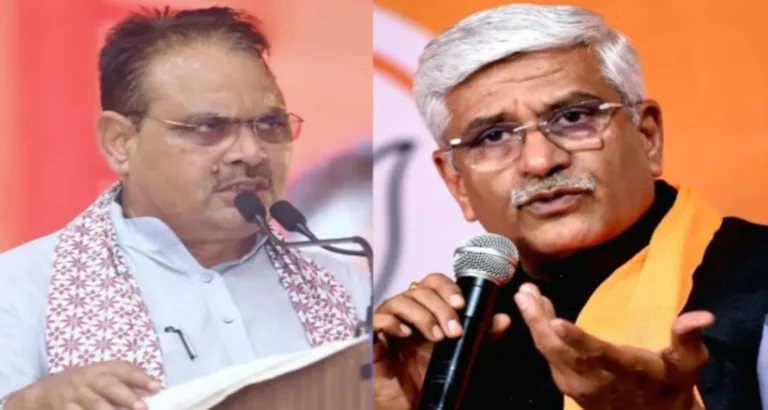Dr. Manmohan Singh, Ex-Prime Minister of India, Passes Away at 92
He passed away on December 26, 2024, aged 92. His passing indicates the end of an age in Indian politics, specifically concerning economic policymaking. Born on September 26, 1932, in Gah, West Punjab (present-day Pakistan). His story of rise from a small village to the highest office in India is undoubtedly a testimony to rare intellect and unending devotion to public service.
The Architect of Economic Reforms
Manmohan Singh’s legacy is directly and singularly tied to actions he took as Finance Minister in the government of Prime Minister P.V. Narasimha Rao in the early 1990s. Singh initiated sweeping reforms liberalizing India’s economy at a time when the country was going through a balance of payments crisis. His budget speech in 1991 started the much-celebrated process of economic liberalization within India. The abolition of Licence Raj and reductions in tariffs and encouragements to foreign investment provided the foundation for the ever-accelerating emergence of India on the world economic scene. His vision transformed India, moving it from the closed economy route to an open market economy and redefining the economic picture in the country.
A Decade of Leadership as Prime Minister Dr Manmohan Singh
Dr. Singh has served as the Prime Minister for two terms between the years 2004 and 2014. He has provided leadership to the United Progressive Alliance (UPA) government. His tenure was reflected in the significant policy reformations in several sectors education, rural development, and health among many others. One of the most striking and socially relevant pieces of legislation that he introduced in this place was that of the National Rural Employment Guarantee Act (NREGA), which subsequently became MGNREGA, to increase rural employment. Though he has faced criticism for being too reticent in public and allegations of misuse of funds in some government schemes, Singh’s government has also pushed through the Indo-US nuclear deal, which was very essential for India’s energy security and international relations.
Legacy in Economic Policy and Governance
Singh’s style of governance was generally underplayed yet effective. His economic policy was one that was pragmatic, or really focused on inclusive growth, reducing poverty, and improving the standing of India in the global economy. His blueprints regarding the economic policy of India, including the creation of regulatory authorities like TRAI for telecom and SEBI for securities, have created lasting impacts. It was really his steadfastness to fiscal responsibility that, in spite of political pressures, tempered the economy of India in crisis. But that was not without its share of controversies, like the shadow of the 2G spectrum scam, under which several achievements of the government were overshadowed.
The Man Behind the Economist
He maintained a scholarly approach to governance outside the public eye. Educated at Punjab University, Cambridge, and Oxford, he joined the Indian Administrative Service before his academic career took him to various prestigious institutions all over the world. His life was marked by simplicity and integrity, which he kept far from the often flamboyant world of Indian politics. His marriage with Gursharan Kaur and their three daughters were kept out of the political limelight, maintaining a private space in his otherwise very public life. Singh’s humility and reluctance to take credit for his achievements drew many to him, even as critics point to his supposed weaknesses in crisis management and lack of political assertiveness.
A Nation Mourns an Economic Visionary
Scores of tributes began to be delivered as the news of his demise broke out. Political leaders across involvement acknowledged the contributions he had made: Leaders from nations beyond India and within expressed condolences because of the contributions he made not only to national dialogues but global economic dialogues as well. The death of Singh has been a loss not only for family and friends but for the millions whose prospects have been brightened because of his vision for a more equitable India. Now, as the people think upon the legacy he left behind, they all remember the very deep changes that Professor Singh visits into the life of the Indian economy.
In the final analysis, Dr. Manmohan Singh‘s life was one of duty: duty performed through many bold economic changes in India’s fortune. His approach to government as a combination of economic theory with practical policy-making will forever be taught and revered. At this time when India laments, the nation must also commend an individual who, in his quiet demeanour altered the course of history.




